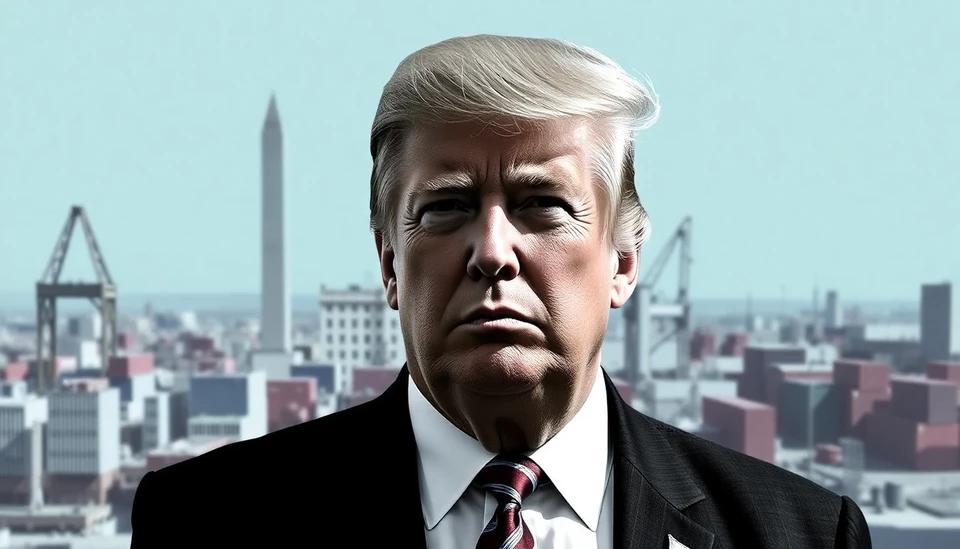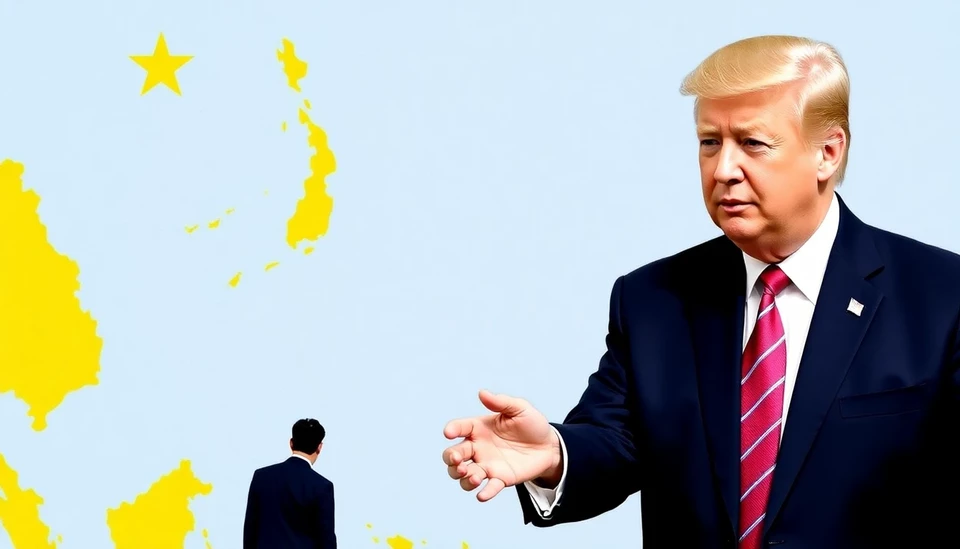
The political landscape in the U.S. is undergoing significant transformation as the nation braces for the potential re-emergence of Donald Trump in the 2024 presidential race. With the former president's influence looming large, analysts are expressing concerns about a series of threats that could emerge from various fronts, particularly in areas concerning trade and national debt.
As Trump’s popularity fluctuates and his potential candidacy becomes more tangible, experts are voicing alarm over underlying economic vulnerabilities that could be exacerbated by his policies if he returns to power. The combination of ongoing global economic uncertainty and politically charged trade relations could place the U.S. in a precarious position, as fears mount regarding new tariff disputes and a possible retreat from international trade agreements.
Economists and policymakers are particularly worried about the implications of a shift back toward isolationist trade policies reminiscent of Trump’s tenure, which included raising tariffs on various goods and engendering trade tensions with key partners, including China and the European Union. The rollback of global integration could harm the already fragile post-pandemic recovery and lead to increased prices for American consumers.
In addition to trade worries, another looming threat is the rising national debt. The debt ceiling debates that have unfolded in recent months have highlighted the stark divisions within Congress, with a larger portion of lawmakers opposing any measures to increase federal spending. If these tensions persist, concerns about fiscal responsibility could lead to major disruptions in essential government services and investments needed to stimulate economic growth.
The confluence of these issues – trade disputes and unsustainable debt levels – paints a daunting picture for the American economy. Should Trump return to the Oval Office, many are fearful that his previous approach to governance will be reinstalled, characterized by volatility and confrontational tactics that could alienate allies and undermine economic stability.
As the nation looks toward the future, it becomes increasingly crucial for the U.S. to navigate these outcomes carefully. Bipartisan cooperation and forward-thinking policies will be vital in addressing both the domestic implications of debt management and the international ramifications of trade policies.
In summary, the potential for a Trump-backed political resurgence raises urgent questions about America’s economic viability. The interplay between trade strategy and debt management will likely determine the trajectory of the U.S. economy in the coming years, making it imperative for leaders to learn from past experiences as they forge a new path ahead.
#Trump2024 #TradeWars #NationalDebt #USPolitics #Economy #GlobalTrade #DebtCeiling #Bipartisanship
Author: Laura Mitchell




